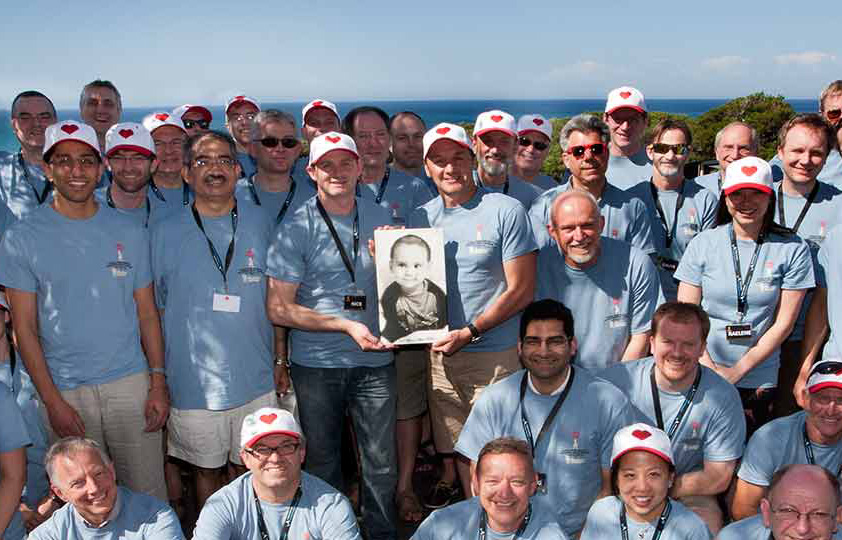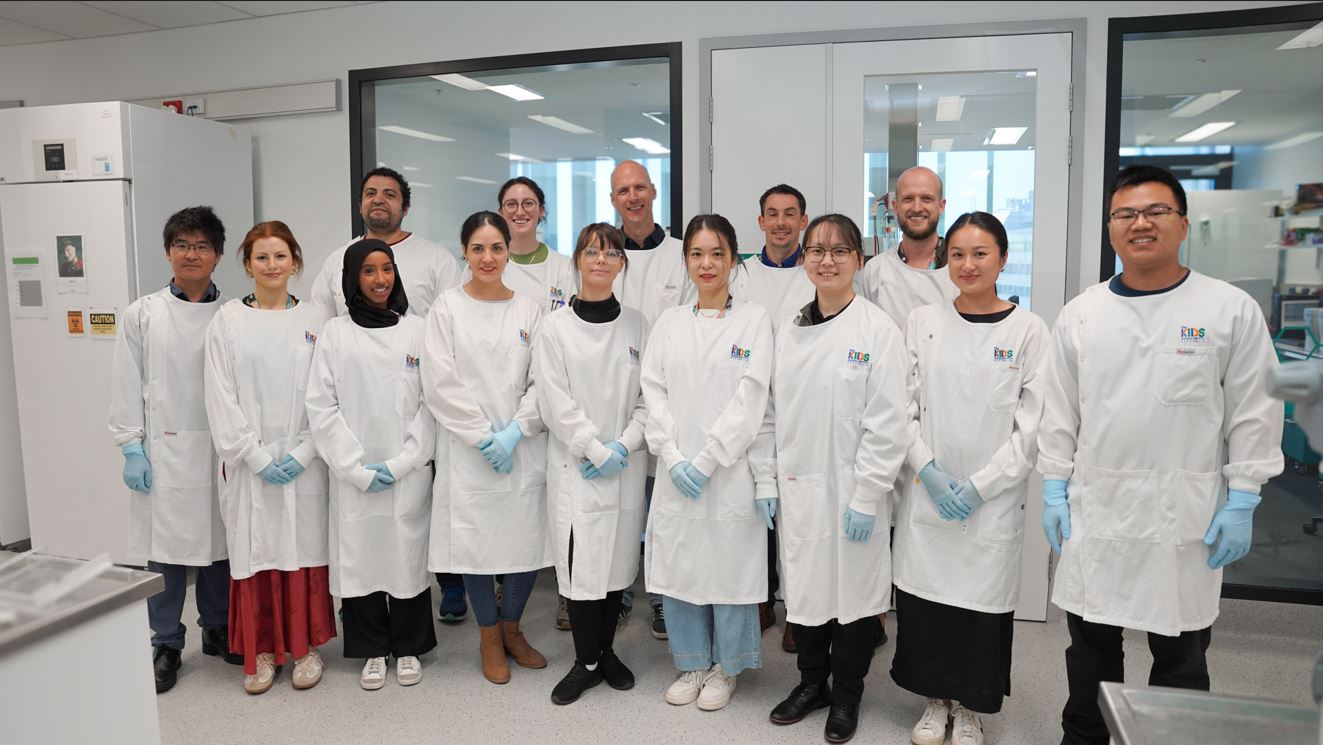Search
The Kids Research Institute Australia's annual report highlights the accomplishments of our researchers, furthering our mission to secure a happier, healthier future for kids everywhere.
The Kids Research Institute Australia's Statement of Commitment to Climate Change & the Environment
Research
Language outcomes of 7-year-old children with or without a history of late language emergence at 24 monthsThe aim of this study was to investigate the language outcomes of 7-year-old children with and without a history of late language emergence at 24 months.
Research
Safety and Immunogencity of a Prototype Adjuvanted Inactivated Split-Virus Influenza A (H5N1) Vaccine in Infants and ChildrenHighly pathogenic avian influenza A virus (H5N1) is a leading candidate for the next influenza pandemic, and infants and children may play an important role...
Research
The burden of rotavirus-related illness among young children on the Australian health care systemTo provide estimates of the annual number and cost of hospital admissions, emergency department (ED) visits and general practitioner (GP) visits...
Research
Epidemiology of T2DM in childhood and associated disease complicationsInvestigating the incidence of childhood Type 2 Diabetes in the Western Australian community

We rely on our fundraisers enormously. Not only are they out there raising money to help fund our research into children’s health, they’re raising awareness within the community about the broad scope of work we do. They are helping to create hope for children and their families. Want to get involved?
The Kids Research Institute Australia's annual report highlights the accomplishments of our researchers, furthering our mission to secure a happier, healthier future for kids everywhere.

We aim to discover and develop safer and more effective treatments by doing inventive and rigorous research to improve outcomes for kids with cancer.
Research
Yarning with a remote Aboriginal community about the next steps for achieving healthy skinSkin health is widely recognised as being important for overall good health and well-being, yet the burden of skin infections in remote Aboriginal communities remains high. This project aimed to explore if virtual support for skin health could be a strategy to reduce community barriers to skin health engagement.
